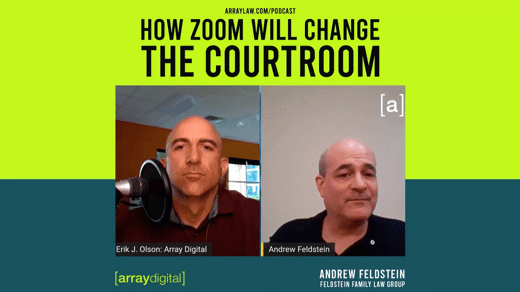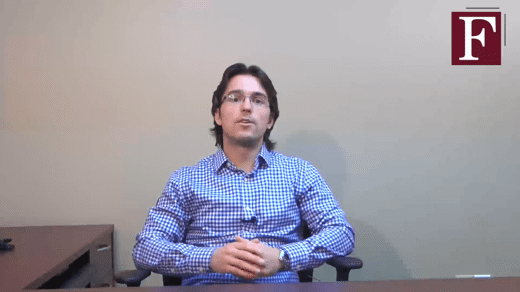Hello, my name is Lucy D’Ercole and I am a lawyer with the Feldstein Family Law Group. Today I will be discussing the discovery of electronic information.
With the ever-expanding use of electronic communication, one of the greatest challenges facing lawyers today is the discovery of electronically stored information. Electronic discovery, or e-discovery, is now a standard part of the litigation process. In today’s video blog, I will be briefly explaining the issue of e-discovery in the family law context.
There is a vast difference between electronically stored information and paper documents which make electronic document production a very different process than paper discovery. As a result of these differences, the current Family Law Rules which govern the discovery of paper documents do not always provide meaningful guidance for disputes involving the discovery of electronic documents.
Generally, the law and our courts are struggling to keep up with new technologies, and how to incorporate them into the legal system.
For example, a preservation order to save “all records pertaining to the husband’s business” could be applied logically by a party if all documents were stored in hard copy. However, producing documents in support of this type of order can be extremely time consuming and expensive when all relevant documents have been saved on a computer.
Now, let’s consider a family court case that dealt with the issue of e-discovery.
In the case of Eizenshtein v. Eizenshtein Justice Wildman addressed the issue of emails illegally obtained by a wife that were then included in her Affidavit material in court.
Mr. and Ms. Eizenshtein separated in 2004 and engaged in acrimonious litigation since early 2005. Ms. Eizenshtein said that Mr. Eizenshtein was inaccurately portraying his financial situation. Mr. Eizenshtein adamantly denied this.
Mr. Eizenshtein then dated a woman after his separation.
After Mr. Eizenshtein ended his relationship with his new partner, his ex-girlfriend gave Ms. Eizenshtein and her counsel a series of e-mails between Mr. Eizenshtein and his former lawyer. Ms. Eizenshtein filed these e-mails as an exhibit to one of her affidavits. Mr. Eizenshtein, however, argued that they were inadmissible, as they were protected by solicitor-client privilege.
It was ultimately decided that Mr. Eizenshtein’s e-mails were privileged and could not be used as evidence against him.
As you can appreciate, the lesson to be learned is that while it is important to ensure that the right materials are being preserved in family law proceedings, it is just as important to be aware of how electronic documents are obtained, such that the admissibility of the evidence can be determined. This can also prevent any unnecessary litigation costs.
If you would like to learn more about this or any other family law topics, visit our website at www.separation.ca. If you would like to speak to a lawyer about your own situation, please call us at 905-581-7222 to schedule a free initial in-office consultation. Thank you for watching.



